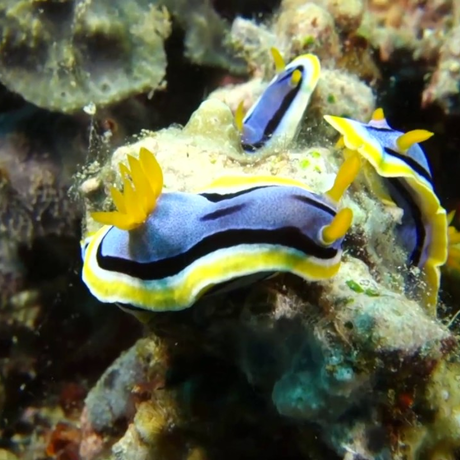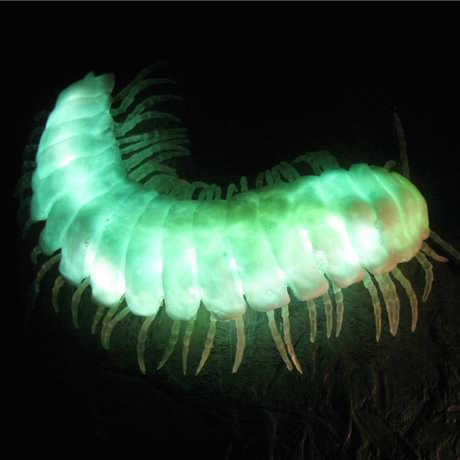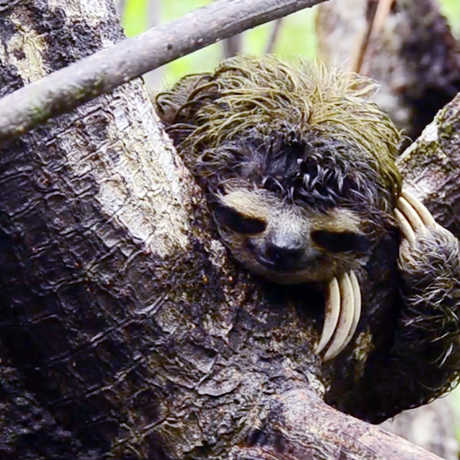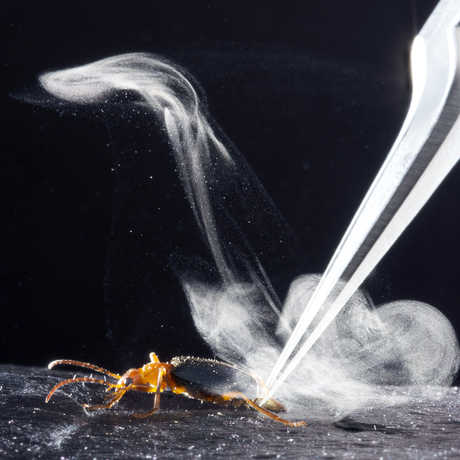Featured Articles
Today's post is Science Today's last. Thanks for joining us these past eight years!
Ecologically- and economically-rich coral reefs occur in very specific places on our planet.
New species finds include a succulent plant, worms and crustaceans near a hydrothermal vent and desert bees.
How can we effectively communicate the urgency around plastic pollution in the ocean to effect change?
Scientists are tracking whales—with help from the public—to better understand and prevent deadly ship strikes.
Millipedes in California's mountain ranges use bioluminescence to avoid predators, but how did it originate?
In preparation for Mother’s Day this Sunday, some stories about pregnancy and mothering in the animal kingdom.
Scientists are studying sloth bear scat to determine the health of the dwindling bear population.
Scientists recently discovered the oldest known relative of living birds in fossil deposits in China.
An Academy researcher is studying the adorable, elusive pygmy sloth, a critically endangered species.
How do bombardier beetles create and survive their deadly blasts? (With bonus scientist interview)
An early relative of dwarf and pygmy sperm whales is uncovered in Panama.













